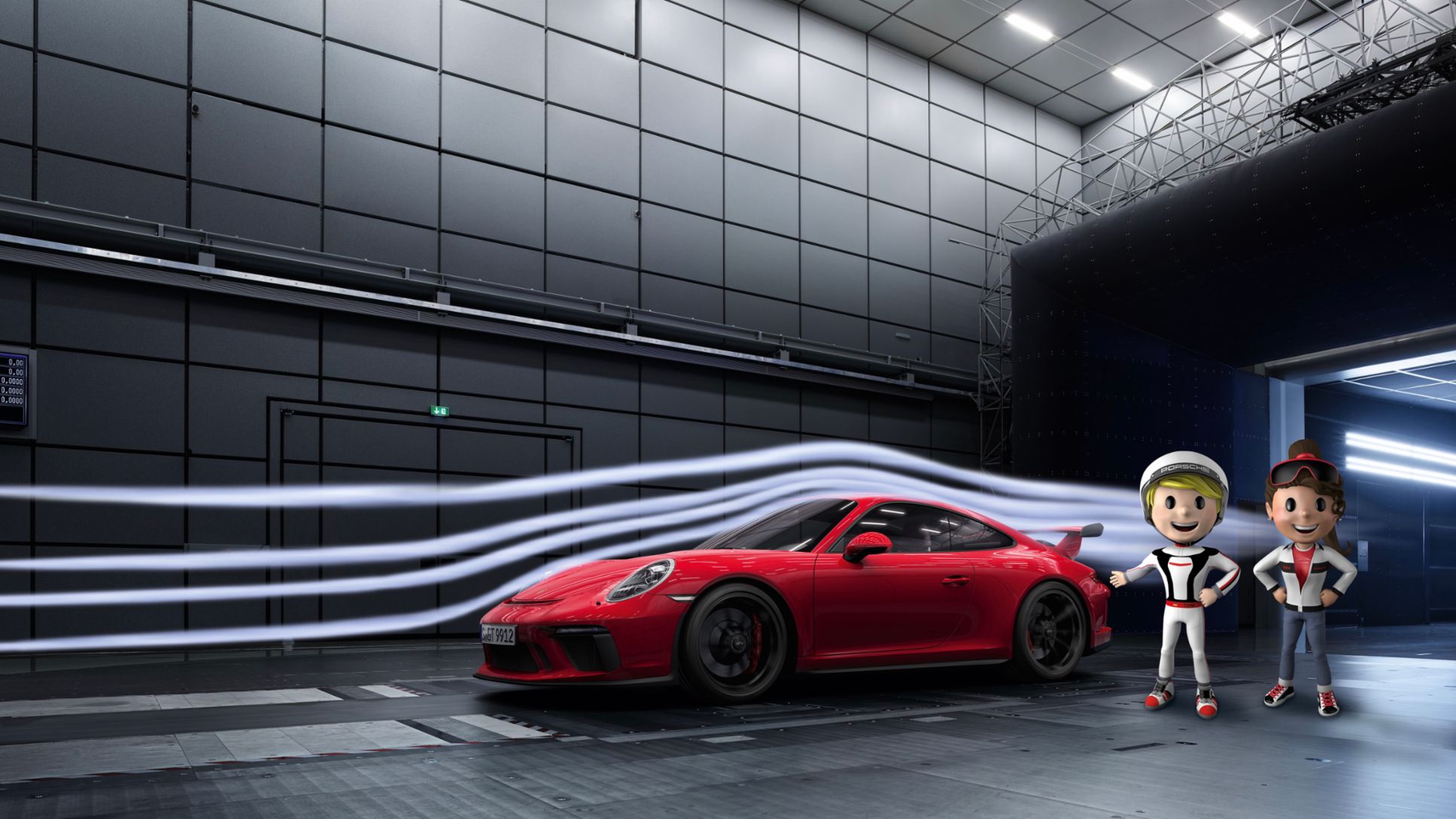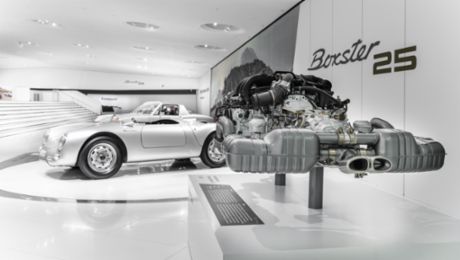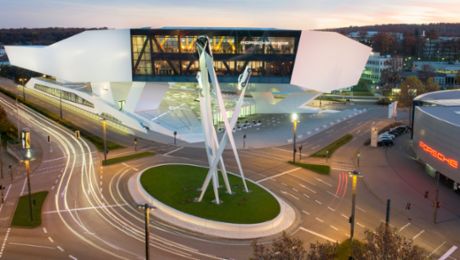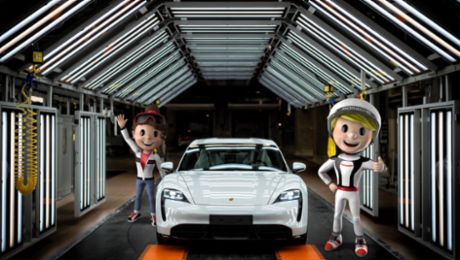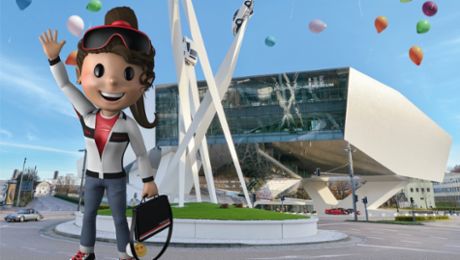From 3 to 22 August, young visitors will be invited to take part in a Porsche 4Kids programme on the museum’s event floor from 10:00 to 16:00 daily. Based around ‘50 Years of Porsche Development Weissach’, participants will go on a journey of discovery – starting with a blank piece of paper, continuing through the first prototypes, testing on a test rig and concluding with a drive. Offered in German and English, the programme offers an opportunity to discover and explore the Weissach Development Centre – where Porsche has designed, created and tested its sports cars for half a century – as a part of an adventure-style game.
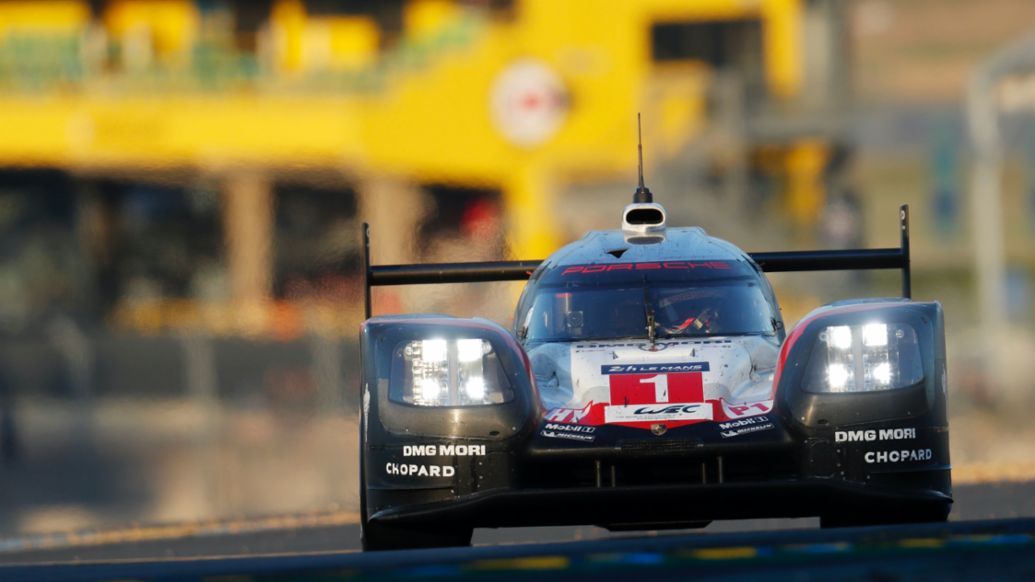
As future developers, the children will be allowed to look behind doors that are normally closed. They will experience the development process of a Porsche at a series of Design, Prototype, Test Rig and Test Drive stations. The focus will be on the black and white 919 Hybrid test mule and participants will be accompanied by the mascots Tina Turbo and Tom Targa, who will leave their footprints in bronze and red to show the way to the individual stations. Everyone who takes part will receive a personal development booklet, which they can fill with enjoyable memories during the day.
At the Design station, the children will use stencils to produce a Porsche sketch before it comes to life as a digital 3D model. The journey then continues at the Prototype station, where they can touch and feel the design ideas and recreate their favourite model in kinetic sand – a fascinating material that’s ideal for modelling.
Between test rig and test drive
The next exciting step takes participants to the test rig, which turns out to be a fun photo booth. At a temperature of supposedly minus 40 degrees Celsius, the kids can pose in the climate chamber without suffering from frostbite – thanks to the ice-effect glass. The last station in the adventure is called Test Drive. A spot the difference task will challenge the children to look for differences between a test mule and the Porsche Taycan series production car. After finding the camouflaged items, they’ll finally get to take a test drive: with remote-controlled prototypes, the youngsters can negotiate their way through chicanes and bends like professional drivers on a track based on the Weissach test circuit.
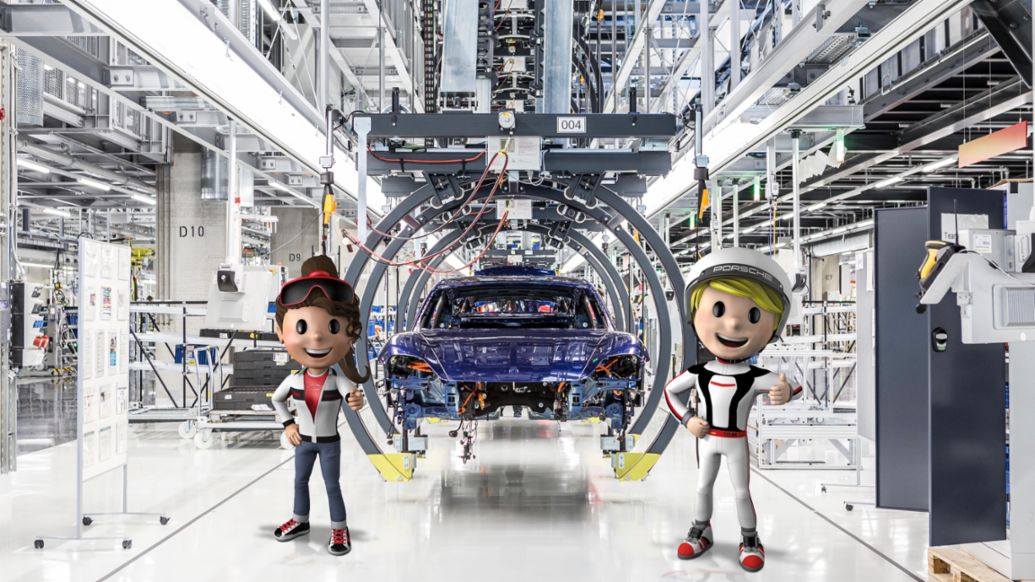
As they tour the stations, the visitors will repeatedly come across floor markings that serve as game areas. Here they will be asked to answer puzzles, take part in guessing games or to move about. The journey through the mysterious Development Centre ends with series production or, to be more precise, with the children’s dream vehicle: they can configure their own sports car on a large touchscreen. They will then go to the construction stations, where their individual Porsche will be pressed. A souvenir for them to keep.
Those who have not yet seen Tina Turbo and Tom Targa can get to know the pair in advance at the website www.porsche4kids.com. At weekends, Tina and Tom are in the museum as a walking act. Children up to 14 years old have free admission to the museum. Advance registration is not necessary for the free programme. Previous registration at the ticket desks is required only for the guided tours at 10:00 and 14:00. Current hygiene and safety regulations are available at: www.porsche.de/Museum.
